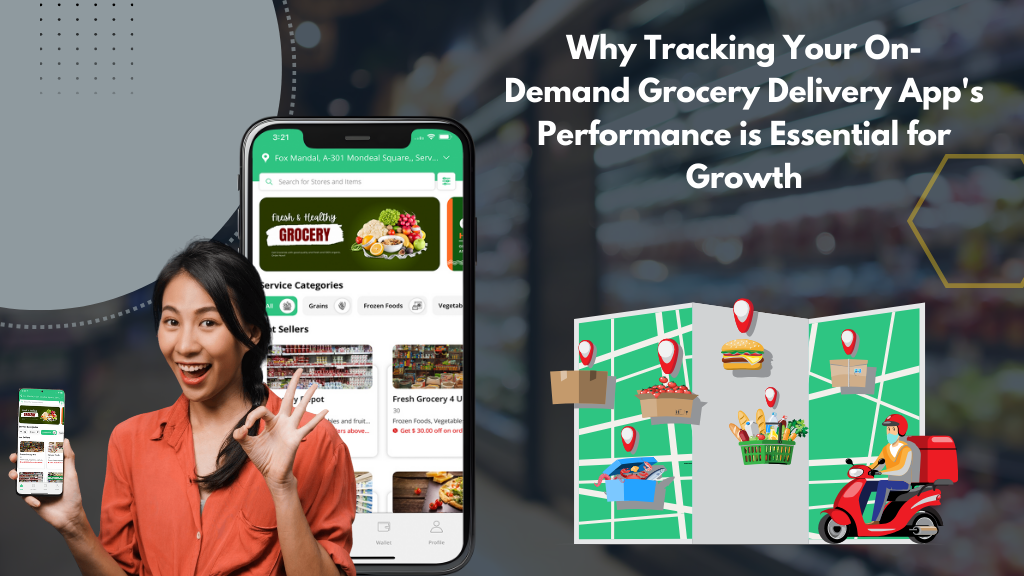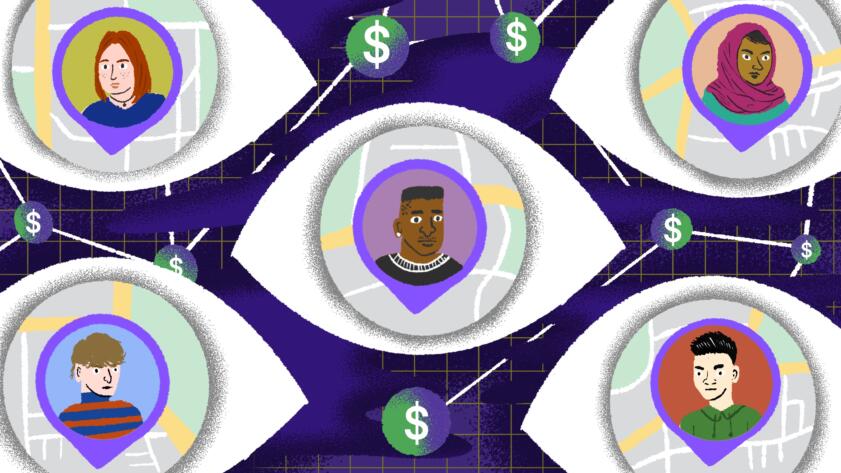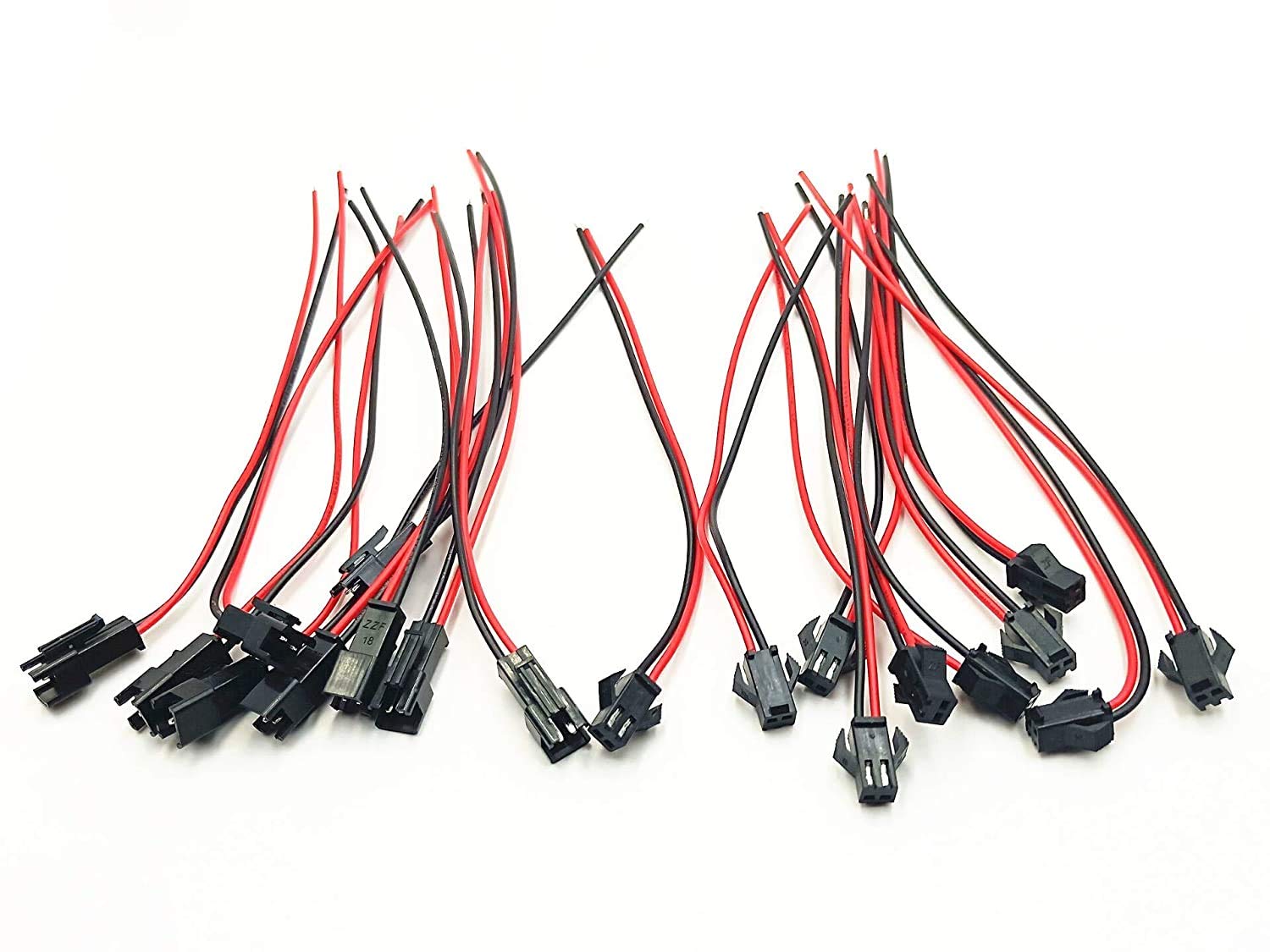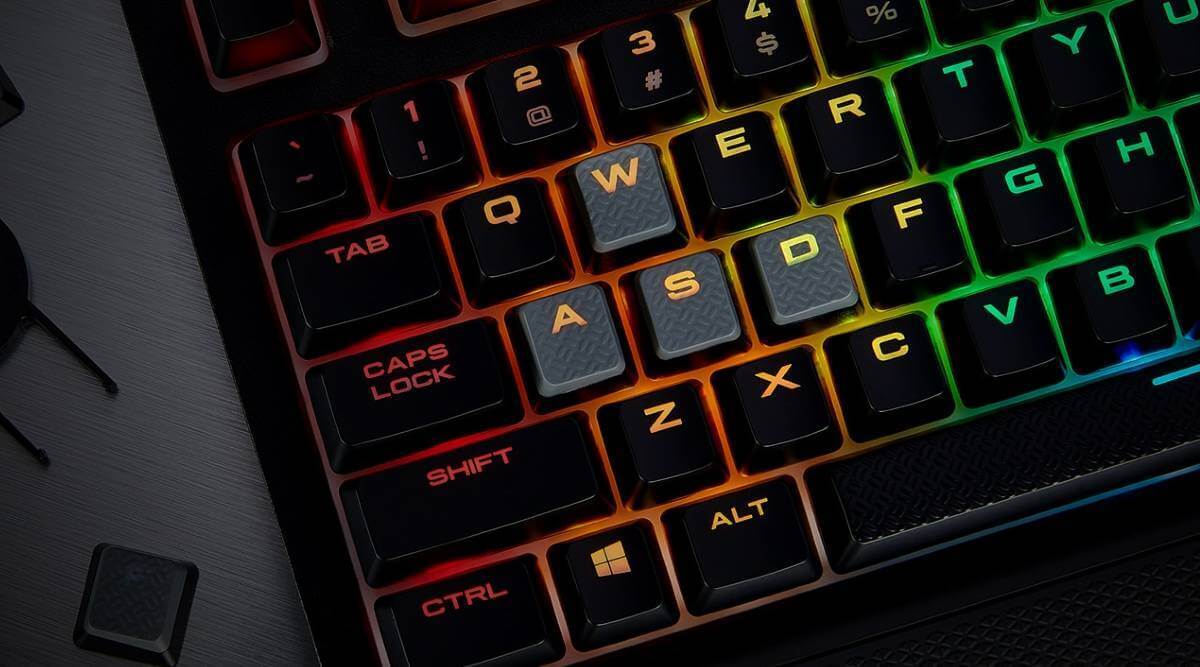Having an iOS mobile app for your business or brand to promote it among your clients is a fantastic idea because the platform has been shown to be the best choice from a start. It gives you the ability to earn extra money through the App Store.
You also can’t afford to lose a slice of the Android market, which presently accounts for roughly 80% of the mobile operating system industry. You can start with an iOS app, but you’ll need to convert it to an Android app to gain the benefits of Android development.
One of the primary reasons for porting iOS apps to Android apps is to generate more money on the App Store. Once your iOS app is functioning well in the market, it is a good idea to have an Android version of your app on hand so that your app users may have a comprehensive user experience. Mobile app development services can be availed for assistance.
Post Contents
Why Should You Convert Your iOS App to an Android App?
-
A Better Chance to Occupy Consumer Markets
As you may know, Android OS accounts for 80% of the mobile OS version market, thus if you just have an iOS application, you are losing a large percentage of potential clients.
-
Broaden Your Horizons
Android phones are becoming more popular and you will be missing out on a large number of users that have the potential to become your clients.
-
Options for Monetising your Android App
If you believe that you cannot monetise a mobile app, you should reconsider it because you can simply monetise your app with a variety of methods. According to a recent statistics estimate, the global app revenue is $52 billion. It is projected that by 2020, the figure will have risen to $100 billion. To know more about this, you may consider outsourcing mobile app development to a reputed firm.
-
Conserve Resources
If you have a limited budget, you can save money by not hiring an Android App Development Firm to create something fresh. When converting an iOS app to an Android app, the same core design and structure are employed. You will save a lot of time, effort, and money by duplicating your iOS app.
-
A Greater Number of Features
When deciding to convert your iOS software to Android, you should consider many good features as provided by Google.
- The Actual Back Button.
- Intentions on Android.
- Push Notifications and Widgets
- Wearable technology from Google.
How Do I Convert an iOS App to an Android App?
To assist you to migrate your iOS apps to Android, there are no ready-made tools or converters available. Rather than looking for such ready-made tools and converters, you should go with a reputable business providing mobile app development services. Here are three steps you can take:
-
Make an Analysis and a Plan
When it comes to analysing and planning, it refers to your present iOS app, including its features, design, workflow, and characteristics. You might also consider the potential errors and difficulties that may develop and the concerns that must be resolved. You can either consider a solution or optimise the Android app version. Back-end personalities, app porting processes, tools, and frameworks must all be thoroughly tested for compatibility.
-
Plan Evaluation and Execution
You must assess all technical issues with the code, libraries, and third-party services. Now, select the appropriate technology stack to ensure that app porting is correct and time-consuming, and last, begin development.
The app development or processes to produce an app depend on the type of software that you want to convert and in many situations, converting an iOS app to Android or one platform to another is pretty comparable to developing a single Android app, so you shouldn’t expect it to be finished in a week.
-
App Testing and Release
Quality assurance is critical in the conversion of iOS to Android or Android and iOS, as it is in any app development process. Depending on the procedures of the application development business you have chosen for your conversion requirement, you can test using genuine Android devices or emulation tools. Aside from that, you can do several types of mobile app testing, such as load testing, validation, user acceptance testing, and beta testing. When everything appears to be in order, you may submit the app to the Play Store and begin marketing your app.
Difficulties in Porting an iOS App to an Android App
Some factors to consider while porting an iPhone app to Android are listed below. These are some crucial distinctions that will assist you realise that the transfer process is far more complicated than it appears. At the same time, complexity can be solved if you decide to outsource mobile app development to a venture.
-
Migration of Code
For mobile app development, there are usually some guidelines and libraries to follow. Before converting an iOS app to an Android app, make sure the tools are compatible. If they aren’t, you’ll need to come up with suitable substitutes. To produce Android apps, most developers utilise Java and/or Kotlin, but iPhone apps use Swift. In such circumstances, the code from one platform cannot be used on another.
-
Screen Dimensions and Resolutions
Building Android Apps with iOS UI when converting iOS to an Android App is one of the most difficult and common issues that Android developers confront. Android devices are manufactured in a variety of screen sizes by multiple businesses, but iOS has a fixed screen size. Because each device has its own screen size and resolution, translating iOS screen size to multiple Android screen sizes is a difficult nut to crack.
-
Navigation
Each operating system has a distinct look and feel. Android includes a number of UI components that have a square appearance, such as toggles, buttons, and tabs. In contrast, iOS UI components have a roundish shape with smooth corners. And when it comes to user experiences, it becomes even more important to ensure that users can navigate app components as rapidly as possible in the same way they did previously.
-
Differences in Architecture
The most inconvenient aspect about Android is that there are far too many different versions of the operating system. After a few months, a new one is released. It is difficult to keep up with the modifications and choose one that covers all of the capabilities. Features that are accessible in one version may not be available in another previous version. This covers navigation, notification, file management, and app compatibility with other apps on the mobile device.
Cost of Converting an iOS App to an Android App
The starting point for a small project is $3000. It is entirely dependent on the app’s complexity, location and size. In a Western country, you should retain a budget of $5,000 to $20,000 for developing an application.










